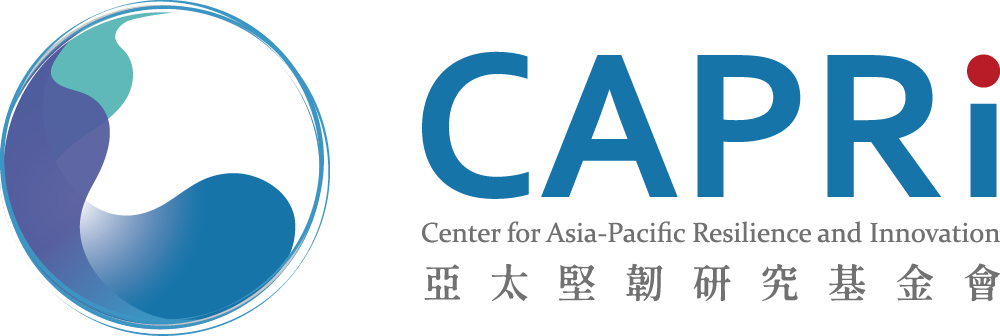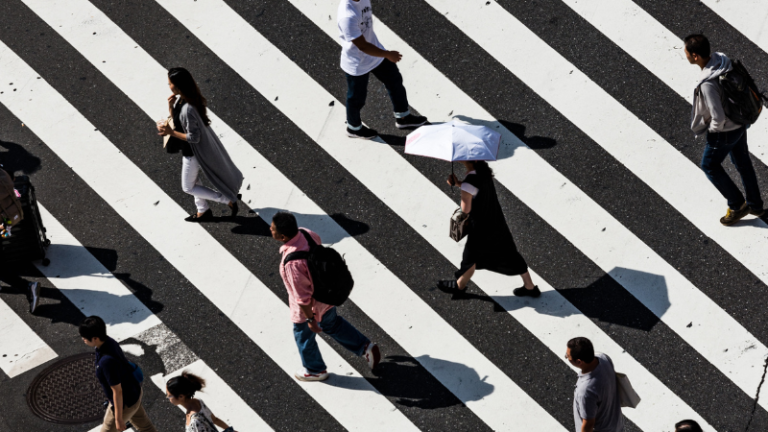This article published in the March 2024 issue of Global Asia examines the relationship between social and democratic resilience in 13 electoral regimes in Asia. Prof. David Arase, a CAPRI senior fellow, analyzed four groups of social factors—basic welfare provision, social cohesion, social development, and civil society—in resilient democracies and fragile electoral regimes. This analysis revealed that civil society is a vital aspect of democratic social resilience; however, it is a combination of social factors, rather than any individual factor, that supports successful liberal democracy.
First, six Asian democracies were evaluated to identify factors of social resilience associated with their democratic resilience. Next, Asian democracies that exhibit regime fragility were considered to identify shared social resilience characteristics that may help to explain their democratic fragility. Finally, the social resilience profiles of resilient and fragile democratic regimes were compared to elucidate how social resilience may help understand the pattern of democratic development and democratic resilience (or fragility) observed in Asia. This multidimensional concept of social resilience thus updates current thinking about the social requisites of democratic resilience and development.
Related research: 亞太的民主發展與社會韌性



